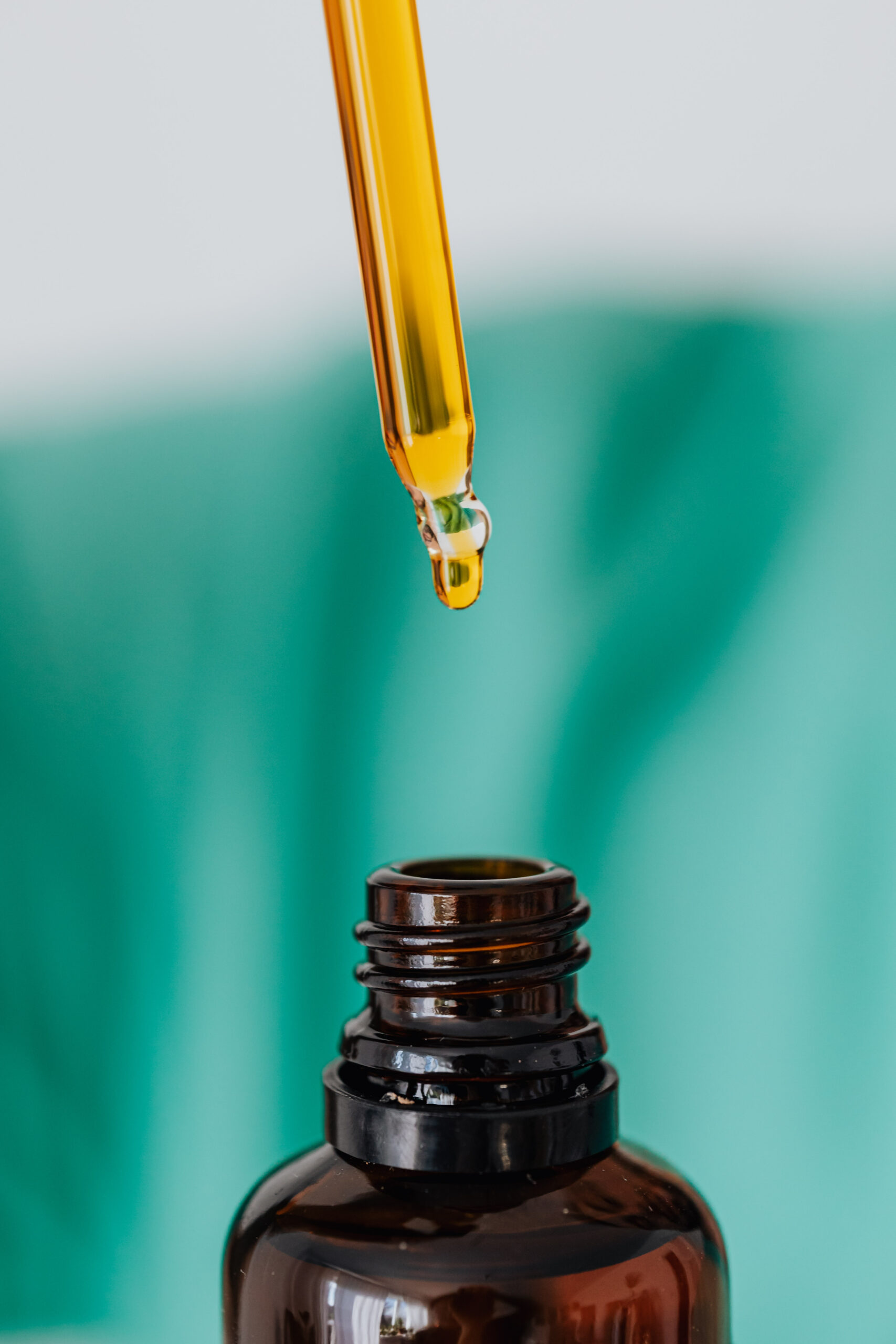Are there any drug interactions with Manjistha?
Title: The Potential Drug Interactions with Manjistha: What You Need to Know
Introduction:
In recent years, there has been a growing interest in natural remedies, such as herbs and plants, for various health concerns. Manjistha, also known as Rubia cordifolia, is one such herb that has gained popularity due to its potential benefits. However, just like any other medication or supplement, it’s important to be aware of potential drug interactions when considering the use of Manjistha. In this blog, we will explore the potential interactions that Manjistha may have with certain medications, helping you make informed decisions about your health.
Understanding Manjistha:
Manjistha is a perennial climbing plant that primarily grows in the Himalayas and other parts of Asia. It is widely used in traditional Ayurvedic medicine for its reputed cleansing and detoxifying properties. Manjistha contains various bioactive compounds, including glycosides, anthraquinones, and triterpenoids, which are believed to contribute to its therapeutic effects.
Common Medications with Potential Interactions:
1. Blood-thinning medications (Anticoagulants): Manjistha may have anticoagulant properties and may enhance the effects of blood-thinning medications like warfarin or aspirin. It is important to consult with your healthcare provider before using Manjistha if you are taking any anticoagulant medications to avoid any adverse effects.
2. Diabetes medications: Manjistha may have blood sugar-lowering properties, which can potentially interact with diabetes medications. If you are taking medications such as insulin or oral hypoglycemic drugs, it is crucial to monitor your blood sugar levels regularly and work closely with your healthcare provider to adjust the dosage as needed.
3. Immunosuppressant medications: Manjistha may possess immunomodulatory properties, which can potentially interact with immunosuppressant medications like cyclosporine or corticosteroids. If you are on any immunosuppressive therapy, it is essential to consult your healthcare provider before using Manjistha to avoid any unintended effects on your immune system.
4. Medications metabolized by the liver: Manjistha may interact with medications that are metabolized by the liver, potentially affecting their efficacy or increasing the risk of adverse effects. These medications include certain statins, antidepressants, and antifungal drugs. It is advisable to discuss your medication regimen with your healthcare provider to determine if there are any potential interactions with Manjistha.
Conclusion:
While Manjistha is generally considered safe for most individuals when taken as directed, it is important to be aware of potential drug interactions. As with any herbal supplement or medication, it is crucial to consult with your healthcare provider before adding Manjistha to your routine, especially if you are currently taking any prescription medications. Your healthcare provider can provide personalized guidance based on your individual health needs and potential risks of drug interactions.
Remember, the purpose of this blog is to raise awareness about potential drug interactions with Manjistha, but it should not replace professional medical advice. Always consult with your healthcare provider or a qualified herbalist before incorporating any new supplement into your daily regimen to ensure safe and effective use.
References:1. Kaur T, et al. “Rubia cordifolia Linn (Manjishtha) – A comprehensive review.” Pharmacognosy Reviews. 2017;11(21):6-11.2. Manjishtha (Rubia cordifolia) – An Antioxidant Herb for Healthy Skin. Amrita Ayurveda. Retrieved from https://www.amritaayurveda.co.uk/manjishtha-rubia-cordifolia-an-antioxidant-herb-for-healthy-skin/



